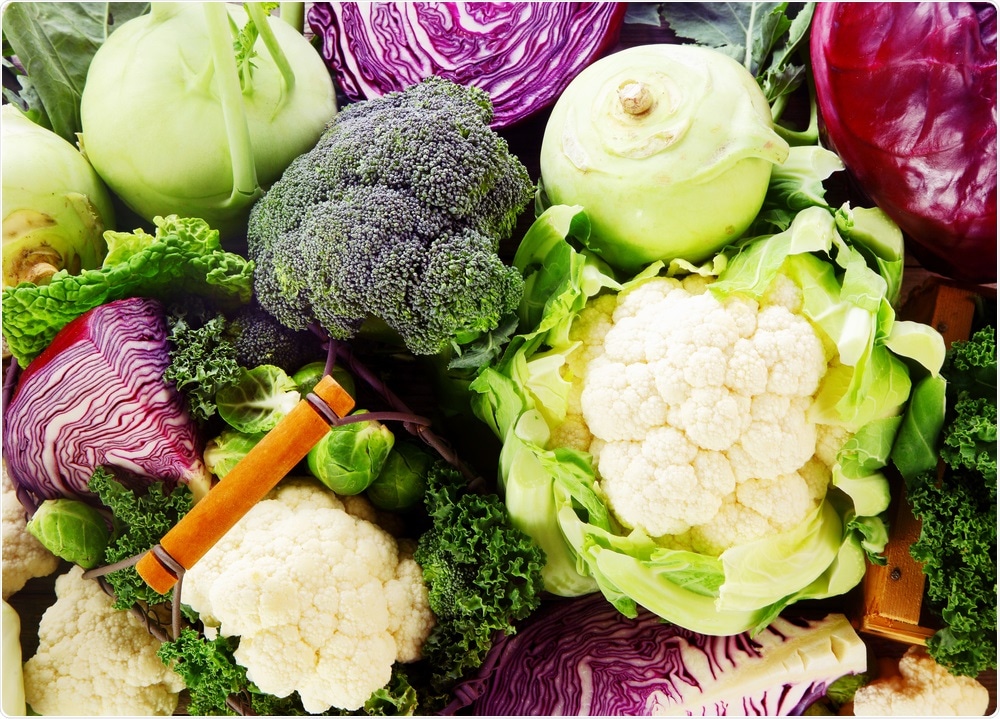Columbo
Never again
BROCCOLI!
What if broccoli is the natural vaccine against coronavirus?
BROCCOLI!


Study claims eating vegetables lower COVID-19 death rates
A preliminary study by researchers in Europe claims that coronavirus disease 2019 (COVID-19) mortality rates may be lower in countries where people consume high amounts of cabbage and cucumber.www.news-medical.net
I eat cucumber and I haven't got coronavirus!
You may eventually one day?
Cucumber won't save you.
There exists no 'one fits all' size in this case due to different habits and traits and attitudes of individual societies.The pandemic is not over so I think it's too early to conclude whether their more relaxed approach was better overall than countries that have (or previously had) strong restrictions.
The problem with countries like Australia and the US, and to a lesser degree others, is that any long-term strategy will probably be thwarted by the ever increasing number of corona-rebels.But I do think/agree both the government and organisations need to have longer term strategies in place for how to handle this, as I agree this isn't going away any time soon, and nobody wants to live through another 2020.
There has never been a doubt in my mind that the effect of the virus on the individual has at least to a degree to do with diet.
Study claims eating vegetables lower COVID-19 death rates
A preliminary study by researchers in Europe claims that coronavirus disease 2019 (COVID-19) mortality rates may be lower in countries where people consume high amounts of cabbage and cucumber.www.news-medical.net
Yes, for one, but also being a bit more sympathetic to people in border communities. You can't lock them out because of geographical boundaries...people rely on facilities that may not be in the State they live in.
I'm glad it's been sorted out between NSW and QLD. Now I hope the same amount of common sense can be adopted for SA and Vic.I am in northern NSW. Our trucks go to Brisbane twice a week, no problems at all. And hasn't been from the start. (our company is *thankfully* very aware & cautious of Covid) (so our driver either elects to stay in his cab when safe, or exit to a safe location to wait for loading/unloading, contactless paperwork etc etc)
Also, yes, when the border became "more" closed recently, real issues did occur, and i am pleased that both sides talked & co-ordinated so that NSW hospital patients needing urgent transfers to QLD (cos they'd die on the trip to sydney) are now allowed their support person(s) without having to self isolate for 14 days first.
In all honestly, I hope that *all* of our hospitals, every state, city, regional & rural get an influx of funding. Your postcode really should not define your level of care.
I don't think all of this will lie at the feet of the government. There will come a point where we we all will have to adapt to the reality of the situation that covid exists and the way we have worked and lived has forever been changed. No organisation can just go back to working the way they did before this happened; they need to adapt and chenge in appropriate ways to suit the economy, to minimise risks in short and long terms, and to take advantage of opportunities that have come out of this.The problem with countries like Australia and the US, and to a lesser degree others, is that any long-term strategy will probably be thwarted by the ever increasing number of corona-rebels.
Both, state and federal governments have already experienced this more than once and understandably are at a loss as to how to cover all bases and possibilities.
There has never been a doubt in my mind that the effect of the virus on the individual has at least to a degree to do with diet.
What we eat affects our health, both physically and mentally and consequently our nation and our planet.
High obesity rates in English speaking countries like Australia, the UK and the US reflect an unhealthy diet and an unhealthy attitude to what we should consume. We are addicted to salt and sugar and hidden fats. Such a diet doesn't only make us fat, it also lowers our immunity system. So what alternatives do we have to tacos, hamburgers and everything that is creamy and crunchy?

I wonder if Daniel Andrews will place us in lockdown for 12 months after he passes the legislation?
Probably not.
I think he will. Sinister.
I hope you are wrong.
